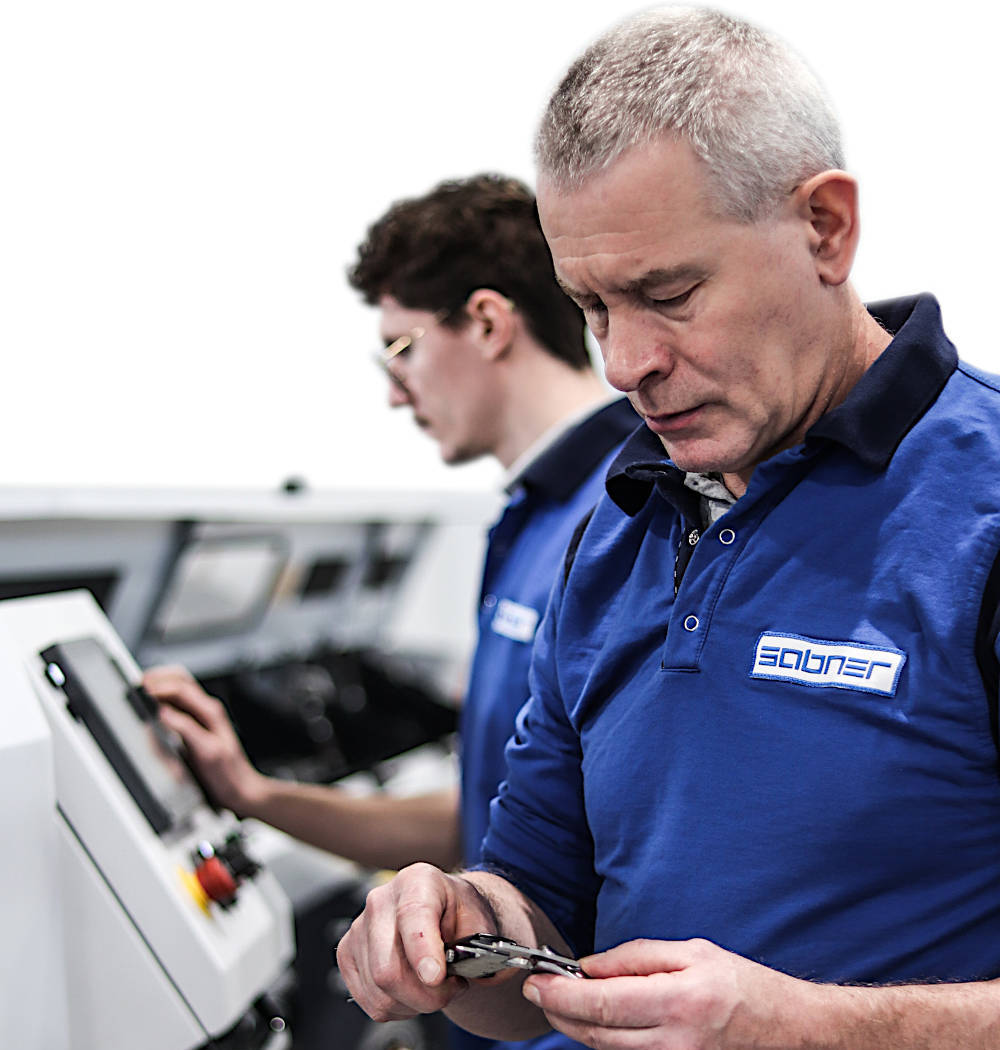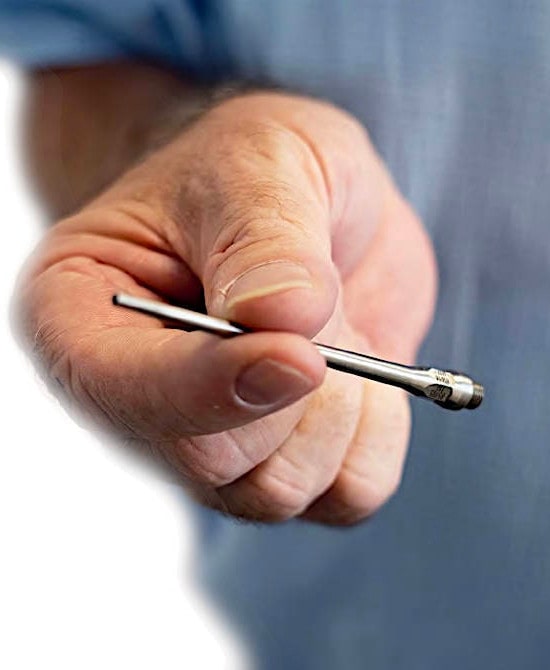Precision manufacturing
Our team of experienced engineers are specialists in precision metal parts manufacturing.

What is precision manufacturing?
Precision parts manufacturing is an advanced process of fabricating precision parts from raw materials using dedicated and specialized equipment. The machines used in this process are called CNC machine tools and, thanks to computer control, make it possible to manufacture highly accurate, complex components in large quantities.
For precision manufacturing, it is necessary to combine several key factors together to achieve satisfactory results. We are talking about the extensive experience and knowledge of the engineers responsible for the process, the use of advanced, modern, and precise machine tools, and the appropriate selection of efficient machining tools.
At Sabner, we successfully combine the above-mentioned crucial aspects, which allows us to be a leader in precision manufacturing of the most demanding components for all industries.
What are the main methods of precision manufacturing?
Several available methods can be used for precision parts manufacturing, each with its specific characteristics. The choice of a particular manufacturing method depends mainly on the type of parts to be produced but also on parameters such as the number of parts to be made or the expected efficiency of the process. Here are the three basic methods:
Advantages
Thanks to computerized machine control, this process has several unique advantages that make it widely used in industry.
Applications
This manufacturing method is widely used wherever precision parts are needed, produced in large quantities with extreme dimensional repeatability.
These specific requirements are typical for the following types of parts:

Sabner – specialists in precision manufacturing
At Sabner, we pride ourselves on producing the highest quality parts that meet the stringent requirements for industrial applications. To achieve this level of precision, we use a dedicated manufacturing process known as precision manufacturing.
This process combines a number of techniques, including turning, milling, and drilling, to produce components with exceptional accuracy and repeatability. Our team of highly skilled engineers and technicians work together to ensure that every component we produce meets or exceeds the demanding specifications of our customers.
Our commitment to precision manufacturing is reflected in our rigorous quality control processes. Every component that departs from Sabner undergoes meticulous inspection to verify that it aligns with our stringent quality criteria. We use advanced measuring equipment and testing methods to verify that each component performs as expected and is defect-free.